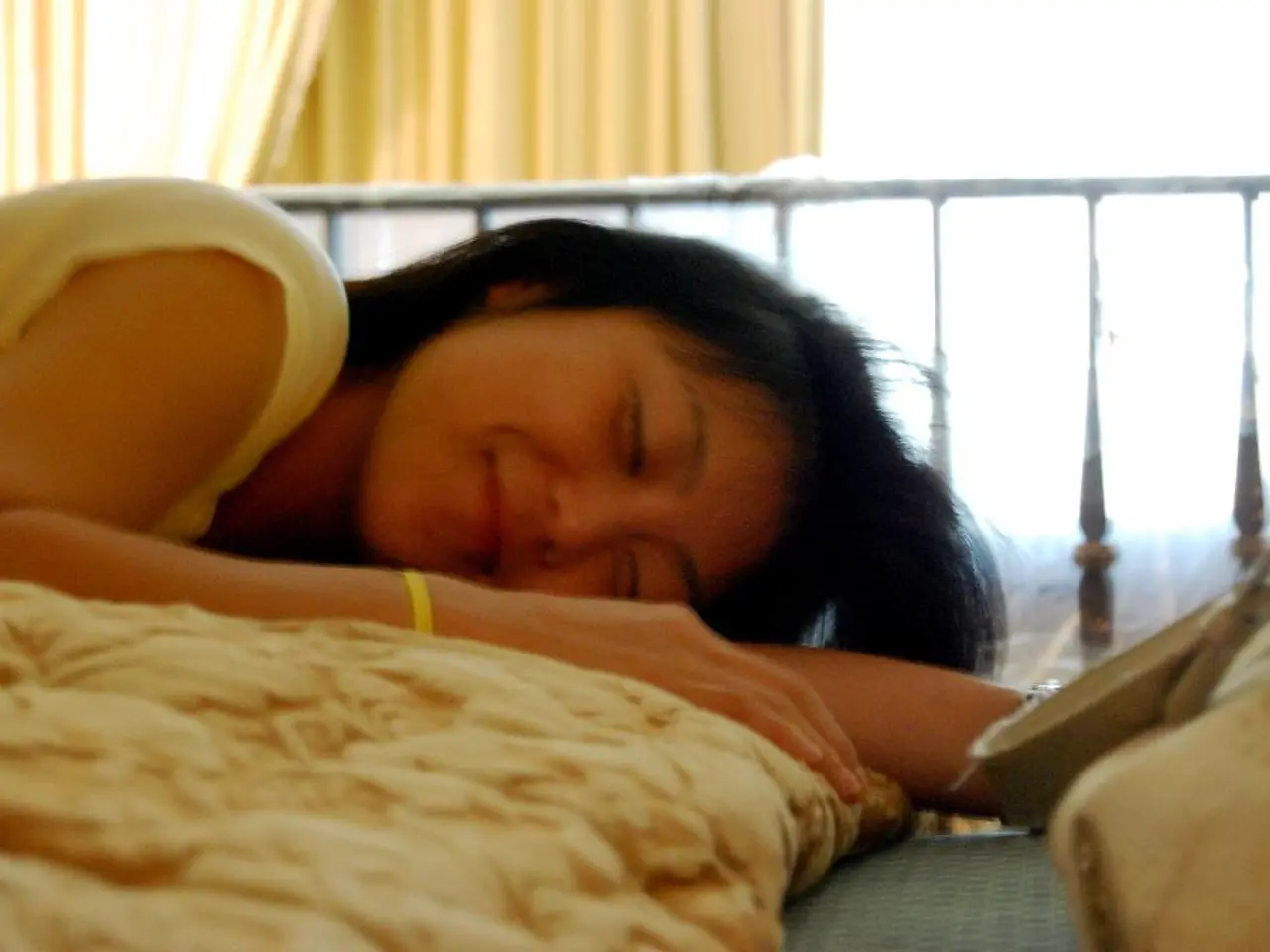Exploring the Link Between Bipolar Disorder and Sexual Behavior
Bipolar disorder, a mental health condition characterised by extreme mood swings, can significantly impact an individual's sexuality. The disorder often causes fluctuating sexual desire and behaviours, which are closely linked to mood episodes.
During manic or hypomanic phases, individuals may experience hypersexuality, characterised by an overcharged libido, impulsive sexual behaviours, and increased sexual fantasies or risk-taking. This can lead to problematic consequences in relationships, such as infidelity, loss of intimacy, emotional distress, and feelings of shame or confusion about one’s sexual behaviour.
Conversely, during depressive episodes, sexual desire may become markedly reduced, contributing to sexual dysfunction such as low libido or arousal problems. This can also strain relationships and add to psychological distress for both the individual and their partner.
Strategies to Manage Sexual Symptoms in Bipolar Disorder
Managing sexual symptoms associated with bipolar disorder requires a multi-faceted approach.
1. **Medication adherence and mood stabilization:** Controlling mood swings with appropriate pharmacological treatment can reduce episodes of hypersexuality or sexual disinterest.
2. **Psychotherapy:** Cognitive-behavioral therapy (CBT) or other counseling approaches can help individuals understand and manage impulsive sexual behaviours, develop coping mechanisms, and address relationship issues caused by sexual symptoms.
3. **Self-compassion and emotional regulation:** Particularly for sexual desire disorders linked with mood conditions, fostering self-compassion has been shown to help reduce sexual distress. Couples’ emotional regulation strategies can also improve relationship satisfaction and mitigate distress related to sexual dysfunction.
4. **Open communication with partners:** Encouraging honest discussions about sexual feelings and challenges can help partners support each other and reduce misunderstandings related to sexual behaviours influenced by bipolar mood states.
5. **Avoidance of high-risk situations:** During manic episodes, avoiding situations that could trigger impulsive sexual behaviour or unsafe sex can prevent negative consequences like sexually transmitted infections or relationship damage.
6. **Monitoring and professional support:** Regular check-ins with mental health professionals can help track changes in sexual behaviour and mood, allowing timely interventions.
It's essential to note that not all people with bipolar disorder experience symptoms that affect their sexuality. However, anyone experiencing such symptoms should speak with a doctor about their options. Sex without using a barrier method can put a person and any partners at risk of sexually transmitted infections (STIs).
Regular STI testing is important, as symptoms alone are not a reliable indicator. Practicing techniques to help manage stress may help prevent depressive episodes.
References: [1] American Psychiatric Association. (2013). Diagnostic and Statistical Manual of Mental Disorders (5th ed.). Arlington, VA: American Psychiatric Publishing. [2] National Institute of Mental Health. (2016). Bipolar Disorder. Retrieved from https://www.nimh.nih.gov/health/topics/bipolar-disorder/index.shtml [3] National Alliance on Mental Illness. (2018). Bipolar Disorder. Retrieved from https://www.nami.org/Learn-More/Mental-Health-Conditions/Bipolar-Disorder [4] Goodwin, G. M., & Jamison, K. R. (2007). Mania: A Treatment Guide for Physicians. Oxford University Press. [5] Kraepelin, E. (1921). Manic-Depressive Insanity and Paranoia. Translated by J.P. Maynard. New York: Macmillan.
- The relationship between bipolar disorder and sexuality can be complex, as the disorder can predictively lead to alterations in sexual desire and behaviors, which are closely associated with mood episodes.
- In the context of health-and-wellness, understanding the predictive relationship between bipolar disorder and sexual health is essential to implementing effective therapies-and-treatments for those experiencing sexual symptoms.
- AQ research could potentially help scientists better understand the relationship between gender and sexual identity, and how it intersects with mental health conditions like bipolar disorder and its impact on sexuality.
- Nutrition plays a significant role in overall health, and maintaining a balanced diet can contribute to improved mental health, which in turn may have a potential impact on sexual health and various sexual dysfunctions associated with bipolar disorder.
- In addition to medication and psychotherapy, self-care practices such as cognitive-behavioral techniques for emotional regulation, self-compassion, and open communication with partners can help manage sexual symptoms in bipolar disorder.
- The science of mental health has made strides in understanding the relationships between bipolar disorder, sexual health, and mental health, opening the door to new treatment possibilities and a more comprehensive approach to promoting overall health-and-wellness.




